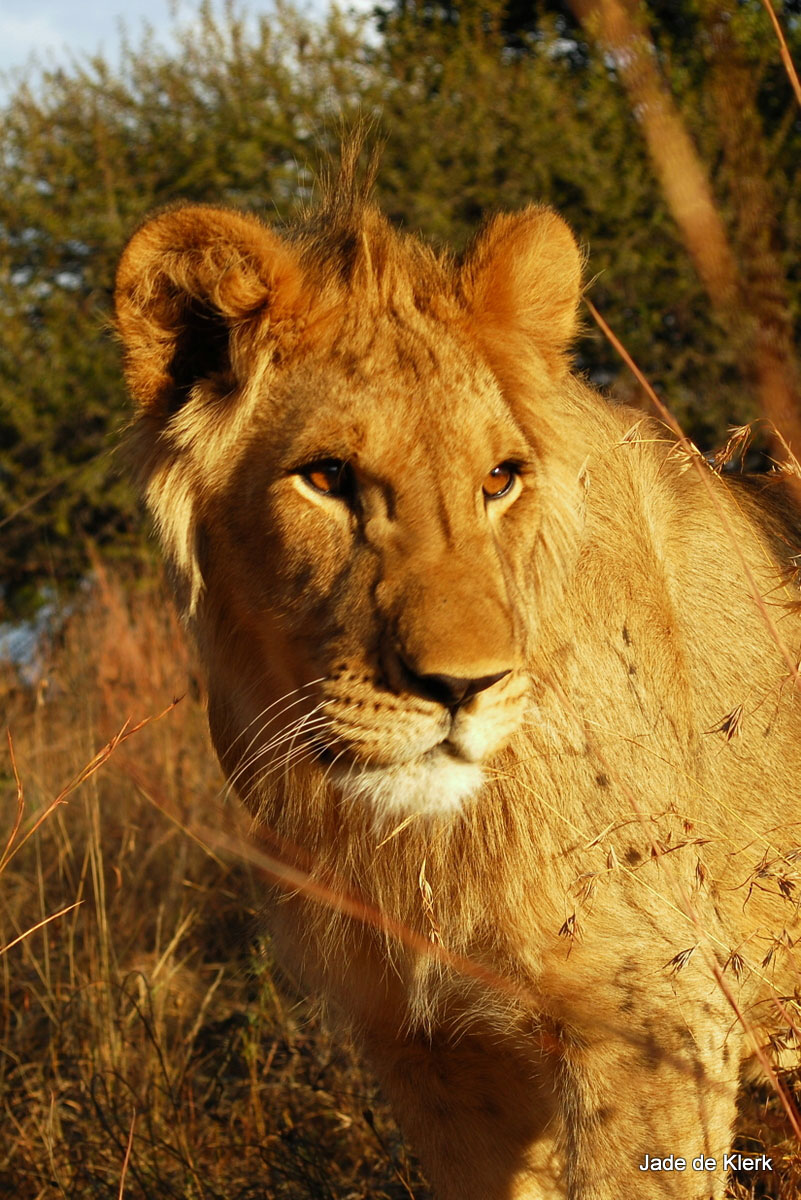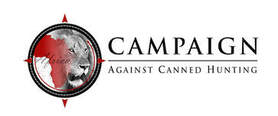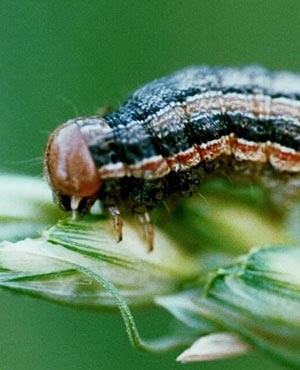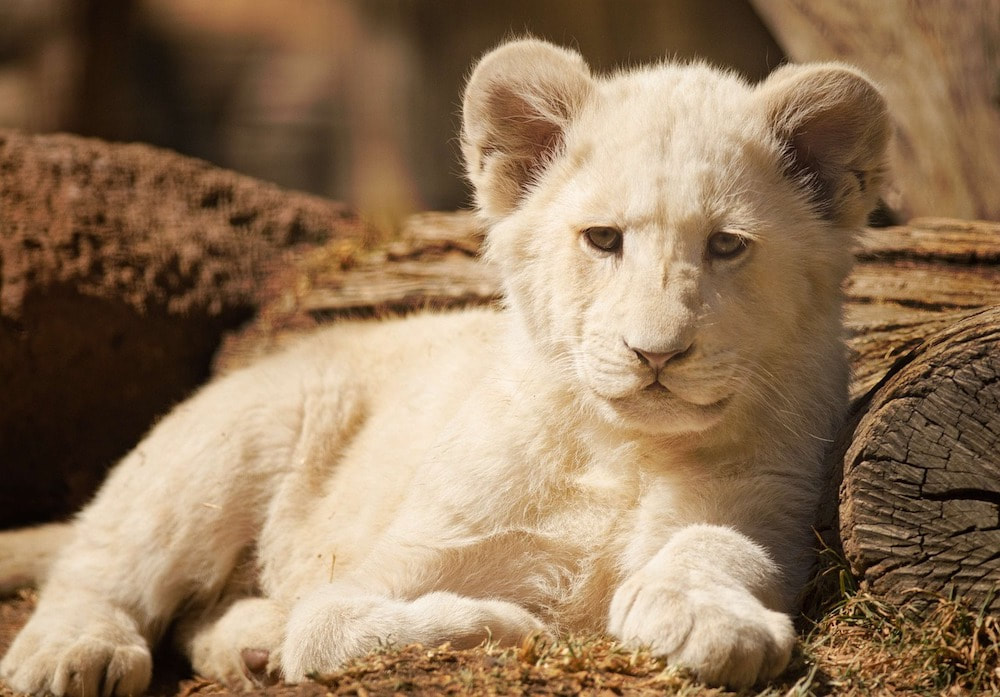
by
Richard Peirce
Author, wildlife campaigner Website www.peirceshark.com
and
Chris Mercer
Director, Campaign Against Canned Hunting (CACH)
In AD 1028 when the Anglo Nordic King Canute decided to sit on the beach and command an incoming sea to recede he was conducting an exercise in futility, and he knew it. To what extent are today’s conservation activists, naturalists, environmentalists and others conducting similarly futile exercises trying to conserve wildlife, and campaigning for humans to live sustainably on our planet? 7.48 billion people, ineffective national governments, giant profit driven corporations, and the lack of effective joined up global governance are a deadly combination. Against this onslaught of irresponsibility are the world’s conservation and environmental organisations emulating King Canute? If so they are unwittingly, and certainly not deliberately, contributing towards producing dangerous illusions.
The Paris climate summit, CITES meetings and others all generate reassuring headlines for the world’s public, and the illusion that effective action is being taken. What chance has the world’s public got of understanding the gravity of the global environmental situation when President Trump, the most powerful leader in the free world, peddles the illusion that climate change is all a Chinese invention?
A terrifying example of reality, as opposed to illusion, comes from the WWF/ZSL Living Planet report. In the 46 years between 1970 and 2016 global wildlife declined by 58%. On present trends that figure will be 67% by 2020. By 2012 1.6 earths were needed to provide the natural resources and services we humans were consuming each year. These figures are the reality, the illusion is that we are taking effective actions to halt our headlong rush to decimate wildlife, combat climate change, and live sustainably.
Global problems need global solutions, and until national governments either act effectively in concert, or cede powers to a global governance entity, efforts to save wildlife, halt climate change and live sustainably are doomed to failure. Only a radical re-think of the way we live will enable us to live sustainably and in harmony with nature. I do not believe this will happen until the human race feels so threatened that survival becomes the prime consideration.
In the Second World War the people of Great Britain cheerfully accepted consumer austerity measures they would never have been accepted in peacetime, because they believed their survival was at stake. When climate change starts to manifest itself by causing worldwide large scale human death and misery, then the world’s population will demand from their leaders the changes needed for survival.
In future decades, I believe that today’s pathetic climate change and wildlife conservation measures will be recognised as having been inadequate and illusory. It would be a suicidal NGO that stood up and said “We are not winning and we cannot win”, and this is one of the reasons illusions will persist.
______________
One thing is clear which is that current conservation paradigms, in which traditional conservation (preservation) has been superceded by policies of regulated exploitation (sustainable use), are not working. Wildlife numbers in Africa and elsewhere continue to decline dramatically. Some scientists have proposed combatting the incompetence and corruption of African governments by privatising wildlife conservation, but the unintended consequences of this are potentially disastrous.
The privatisation of wildlife has already been implemented in South Africa. More than 10,000 farms have abandoned agriculture in favour of game farming in which the ‘wild’ has been taken out of wildlife, and rural employment has declined.
The South African example shows that privatising wildlife management is no substitute for real conservation and so is another dangerous illusion.
Treating captive lions bred for canned lion hunting as ‘wildlife’ is not conservation. It is farming for profit and to call it conservation is illusory.
The doctrine of sustainable wildlife use has largely failed. Everywhere we look we find that in practice, sustainable use has become sustained abuse. Sustainable use has become mostly just a licence to exploit and kill.
In Africa, whether it is the senseless destruction by rich white men (hunting), or by poor blacks (bushmeat and poaching), or by Asian syndicates (poaching) the result is the same – devastation of biological diversity and dreadful animal suffering.
We have forgotten that conservation means “the preservation of natural functioning eco-systems”. Nowadays hunters style themselves as conservationists because they are only killing some animals - not all of them.
We need an environmental philosophy that gets back to true conservation. However idealistic and aspirational it may be, it is better than adopting licences to kill as an overarching policy.
To preserve biodiversity, we need discipline and rigid protection. One example of this is the island of Santo Domingo. A clear line can be seen running down the border that divides Haiti from the Dominican Republic. On the Haiti side, no trees, no life, just environmental ruin. On the Dominican side, rich natural forests still survive, because right from the start, the Dominicans adopted a zero-tolerance approach to Haitian poachers and woodcutters. The army was deployed to shoot trespassers on sight.
This hard line did not result in substantial loss of human life. Once a dozen or so Haitians had been killed, the message got home, and they stopped coming over the border to poach. Africa is now heading steadily in the direction of becoming a continental Haiti – a continent failing to stem the tide of poverty, misery and environmental degradation. What is needed is for Africa to aim at becoming a continental version of the Dominican Republic.
Involving local tribesmen is important. Every effort must be made to ensure that a good proportion of funds derived from eco-tourism reaches local communities so that they feel that they have a stake in the preservation of biodiversity. But along with the carrot must come the stick. Experience has shown that benefits alone are inadequate. Nature reserves need also to be rigidly protected with the most effective modern technology and with ruthless military efficiency.
Rigid protection of biodiversity also requires African governments to pursue unpopular policies that will inevitably alienate some sections of their voting constituencies. Sadly, based on experience to date, this is most unlikely to happen, at least in the short to medium term.
There are examples where indigenous people have organised resistance to exploitation of natural resources, such as is currently happening in Amazonia, but this pits them against their own governments, and their own national armies.
There is apparently no such grassroots resistance among indigenous tribes of Southern Africa. Until indigenous Africans reclaim and remember at least part of the culture and heritage that was so disastrously dismantled by white colonial governments, continent wide conservation successes will be few and far between. Without a widespread reawakening of the value of the natural world, conservation successes are potentially dangerous illusions if we allow them to distract us from the general decline so evident all around us.


